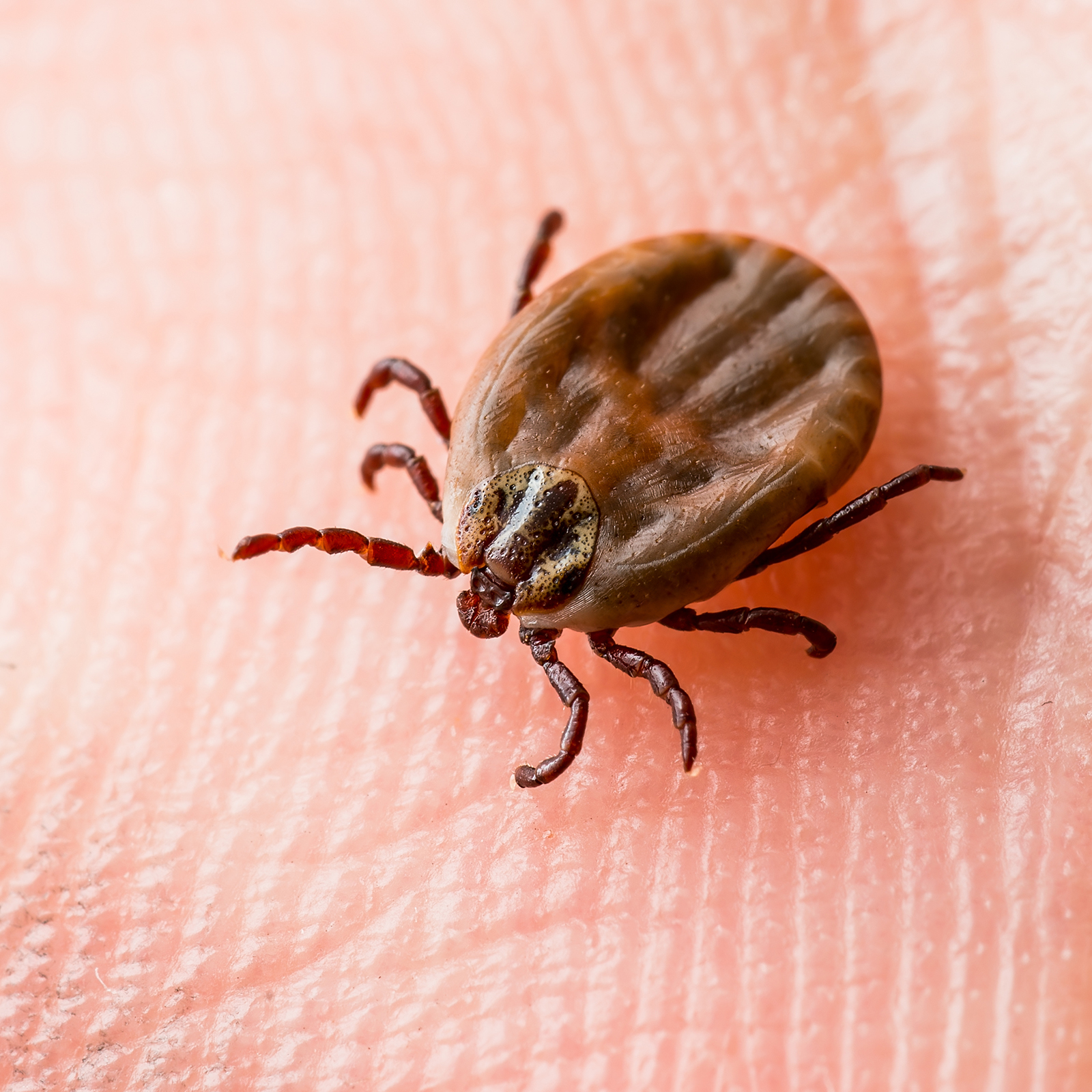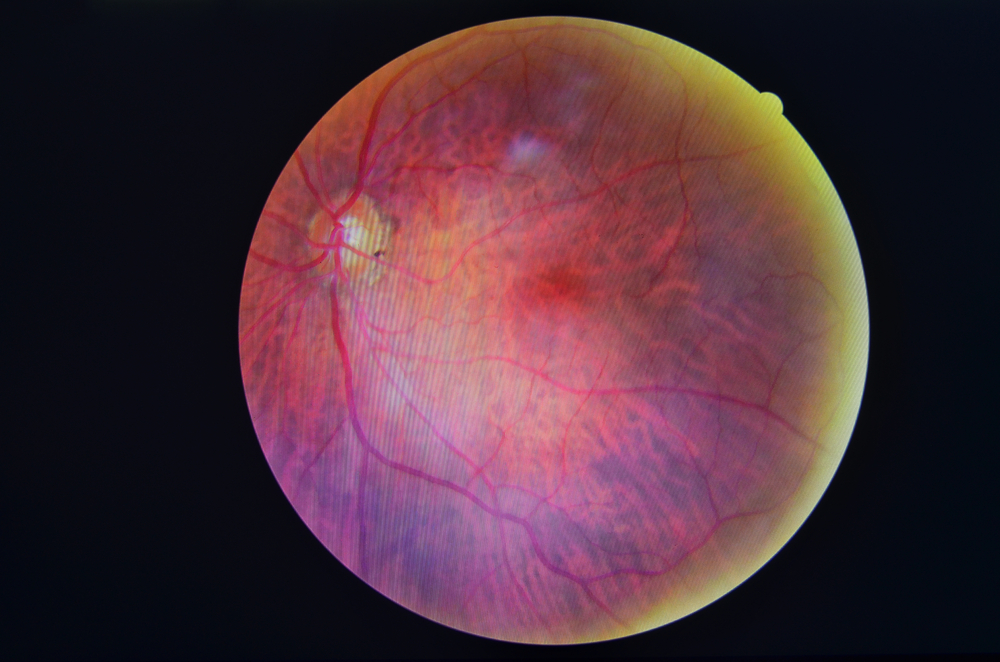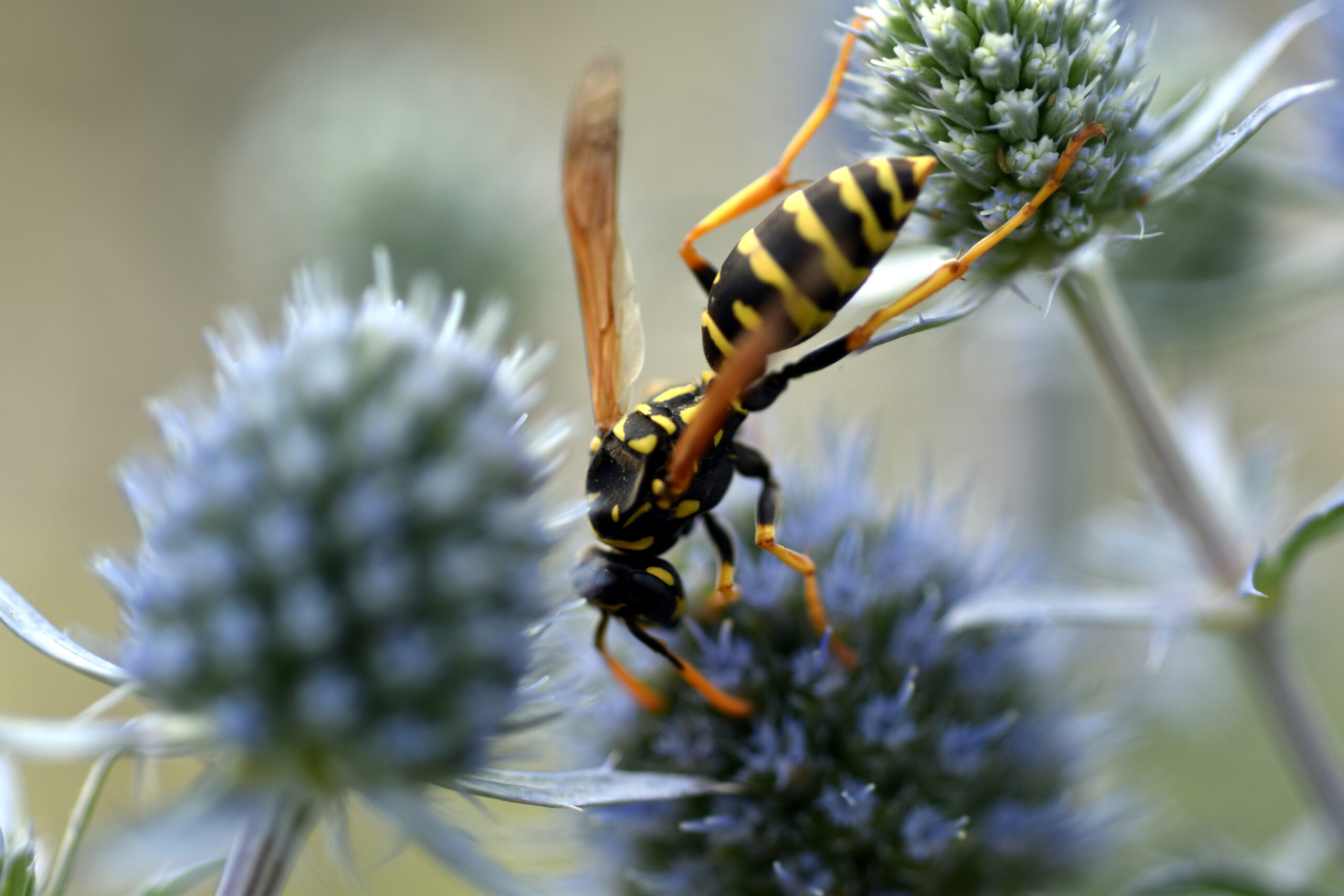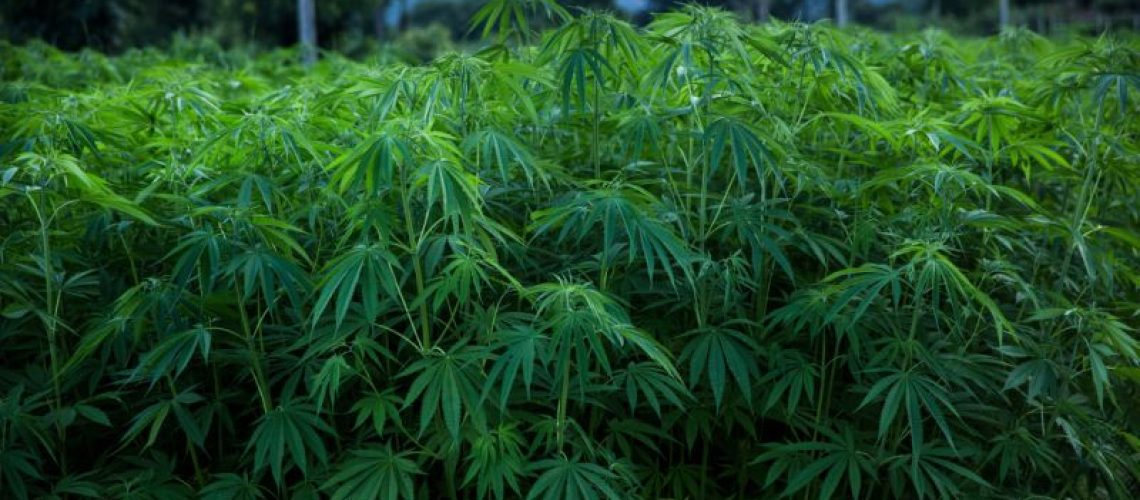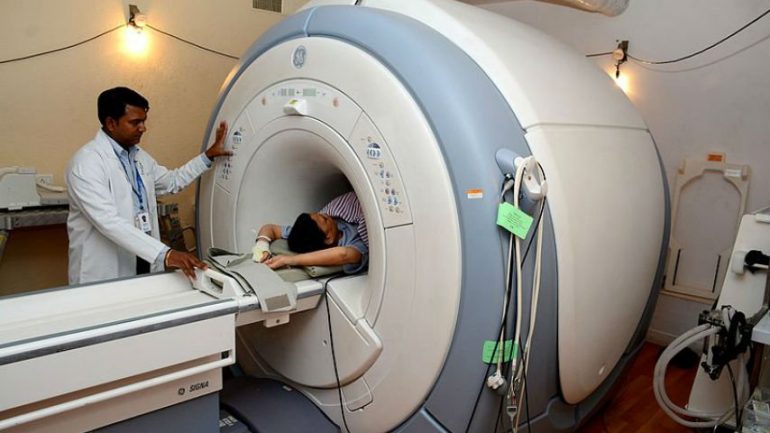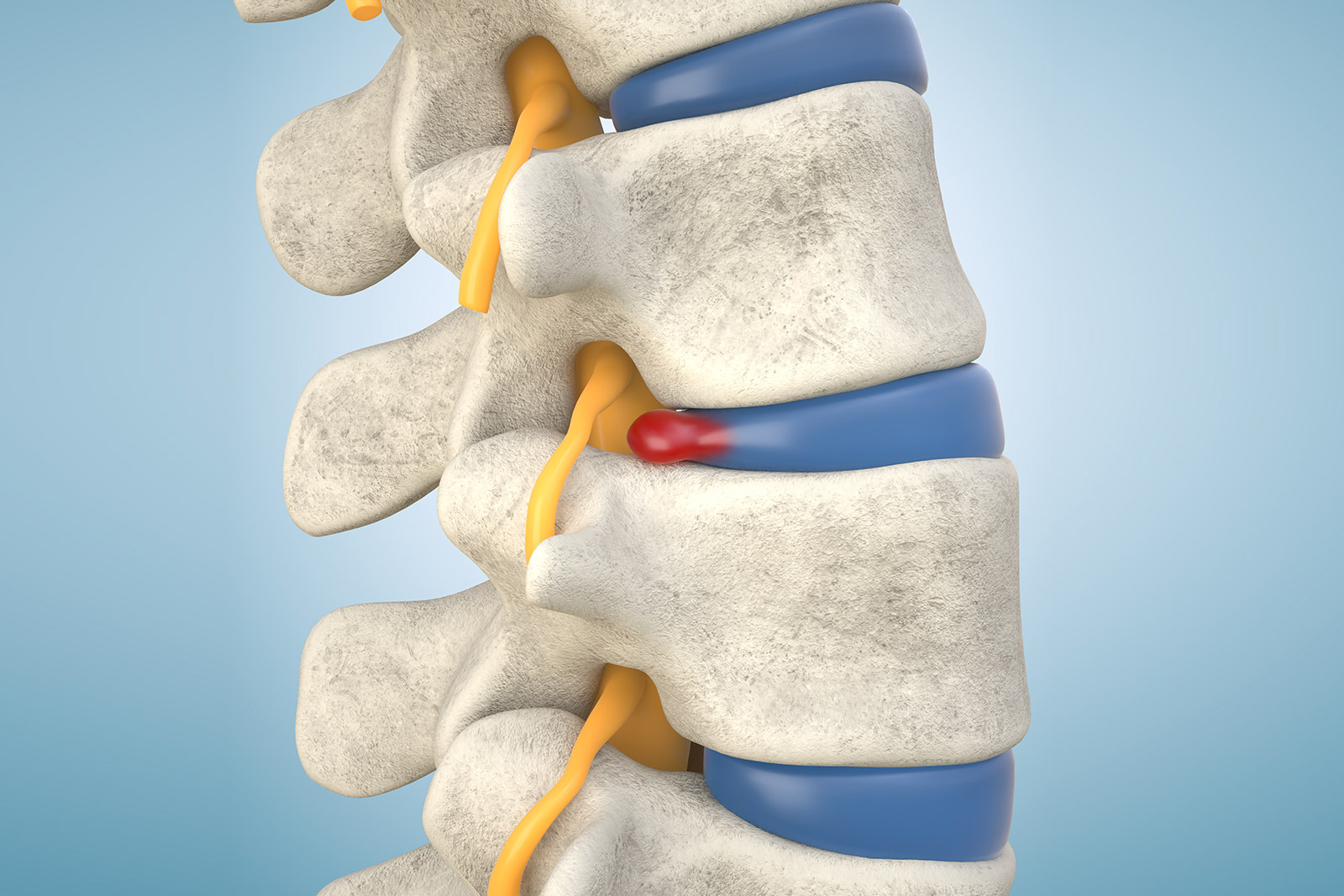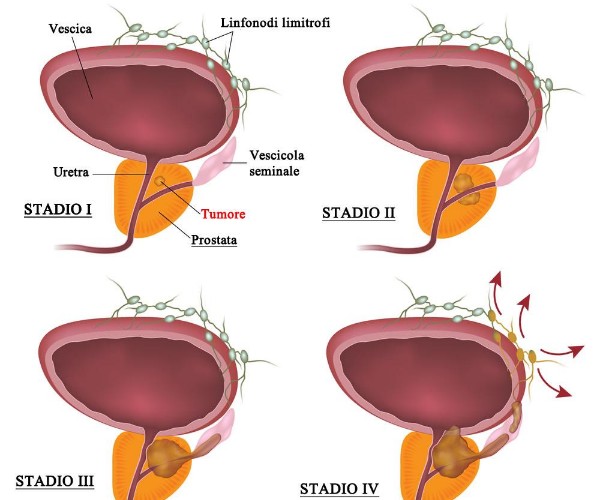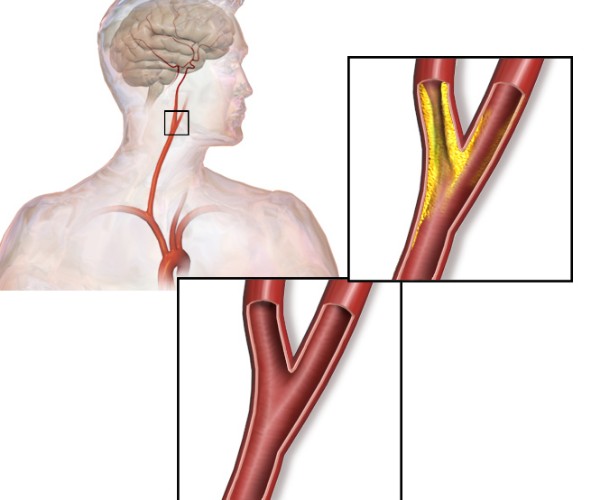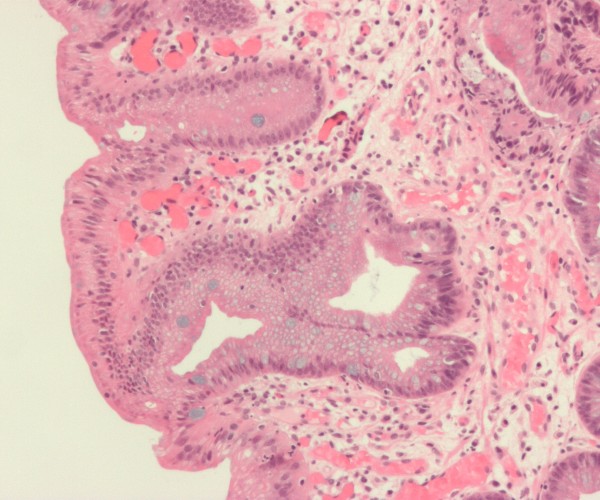In Berkeley, researchers at the University of California have made a kind of “green” factories by engineering brewer’s yeast, resulting in cannabinoids. It follows that in the near future it would no longer be necessary to cultivate cannabis.
The transformation
Brewer’s yeast cells have becomemicroscopic factories of tetrahydrocannabidiol (Thc), Cbd(cannabidiol) and other natural and nonnatural cannabinoids, byJay Keasling, of the University of California, Berkeley.
This method could ensure obtaining high quality and low price products, even while respecting the environment.
The transition from plant to yeast
Nature published the full article with all the scientific evidence for the method. The researchers detail the steps to accomplish the transformation of brewer’s yeast cells into cannabinoid-producing units.
Considering that the use of yeast is already widely used to produce chemicals for therapeutic purposes such as growth hormone, insulin, blood clotting factors and soon some opioids, idea does not appear brand new , but efficiently engineering the cells represents the relevant discovery.
The challenge
Keasling called it “An interesting scientific challenge,” having had the approval and oversight of the DEA, and having inserted a dozen genes into the yeast as instructions for the chemical steps needed to obtain the different byproducts.
The yeast, according to the prescribed process, is induced to convert sugar into Cbga (cannabigerolic acid), which is then in turn transformed by specific enzymes into the derivatives Thca and Cbda. Light and heat complete the job by finally converting them into Thc and Cbd, which are then secreted by cells into the surrounding environment.




